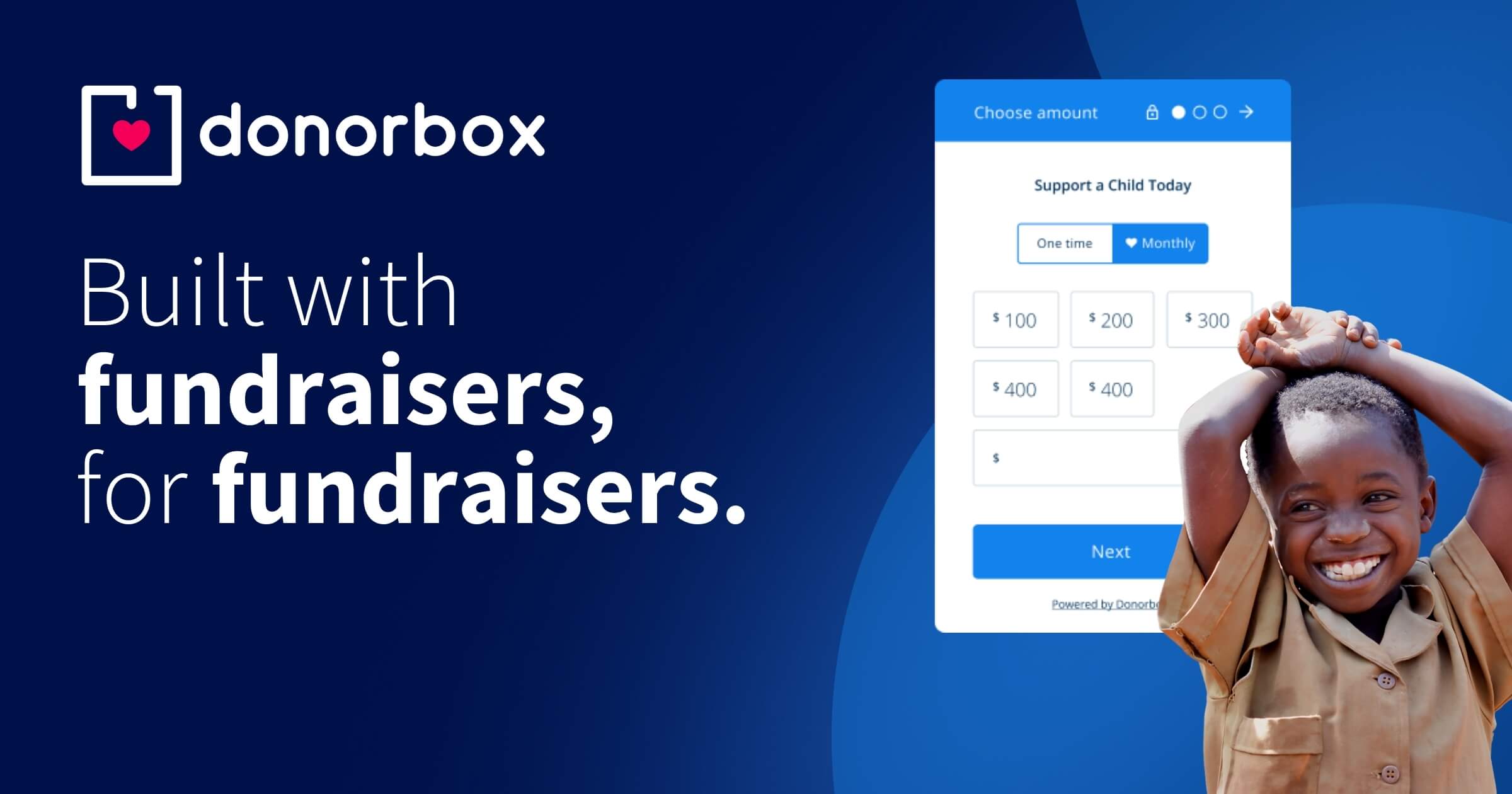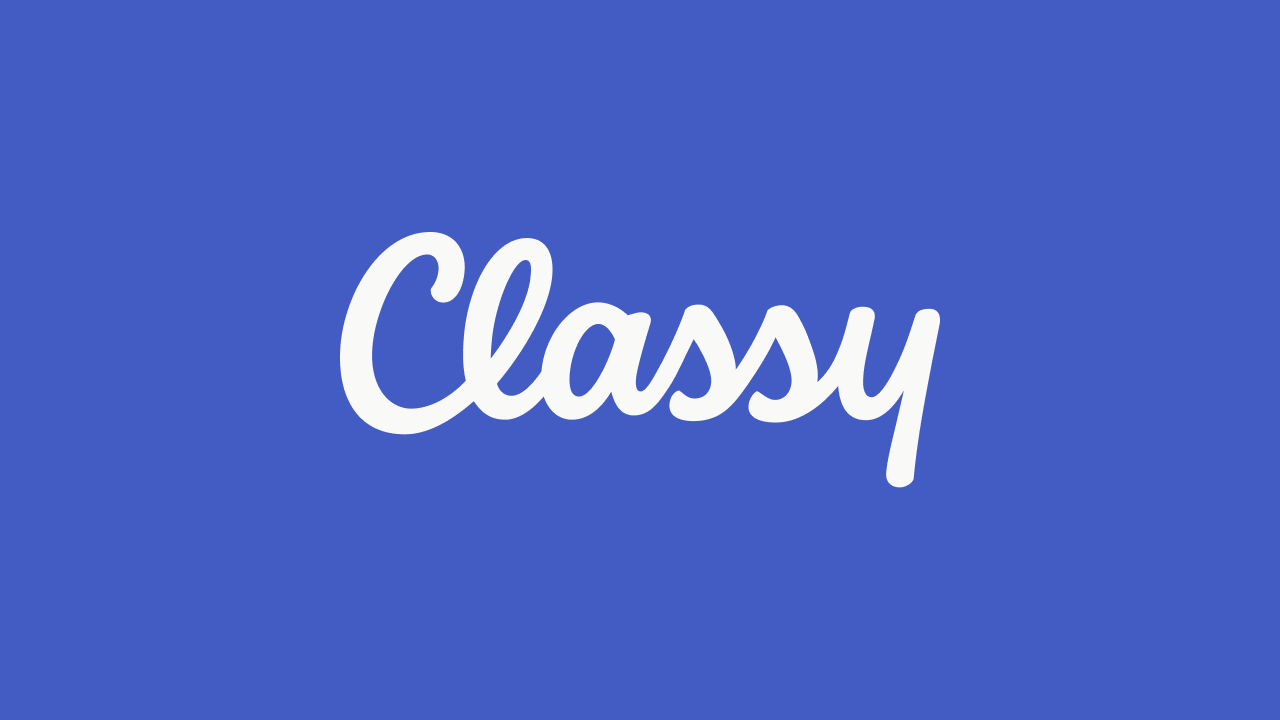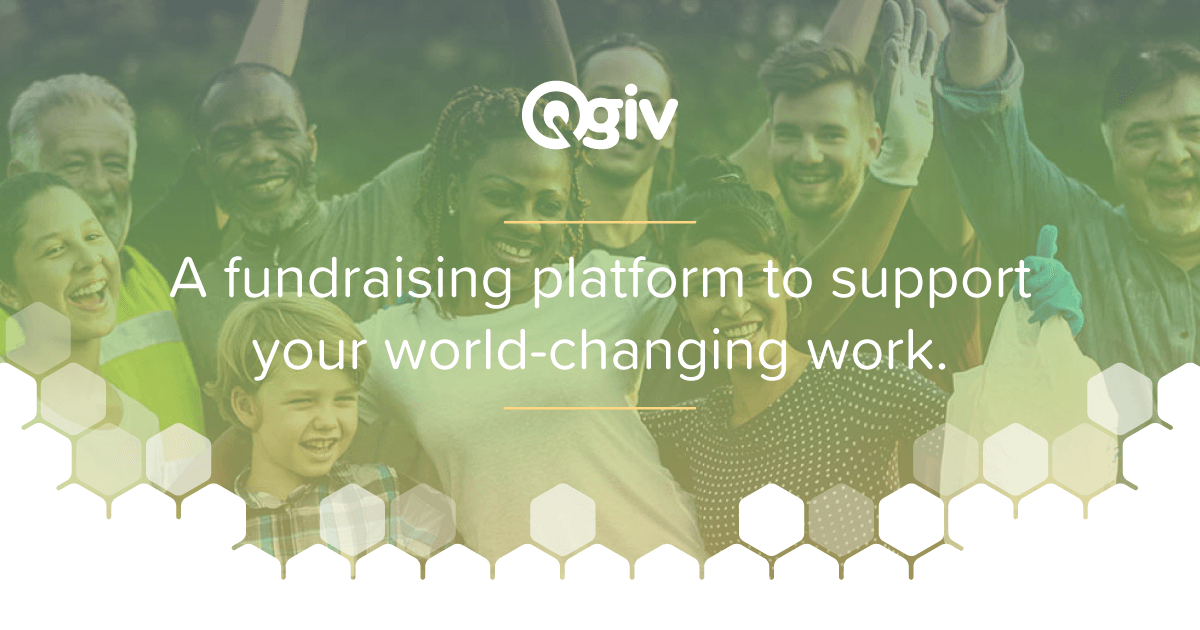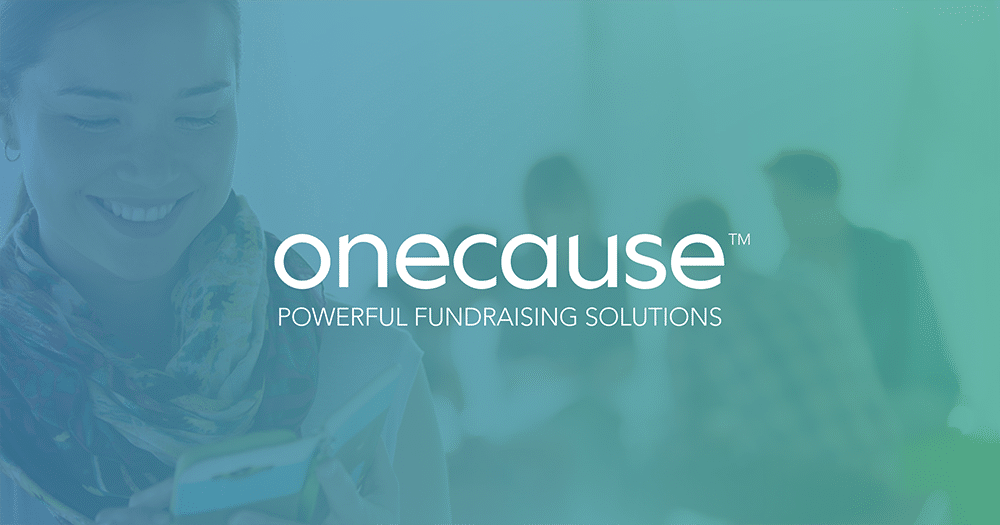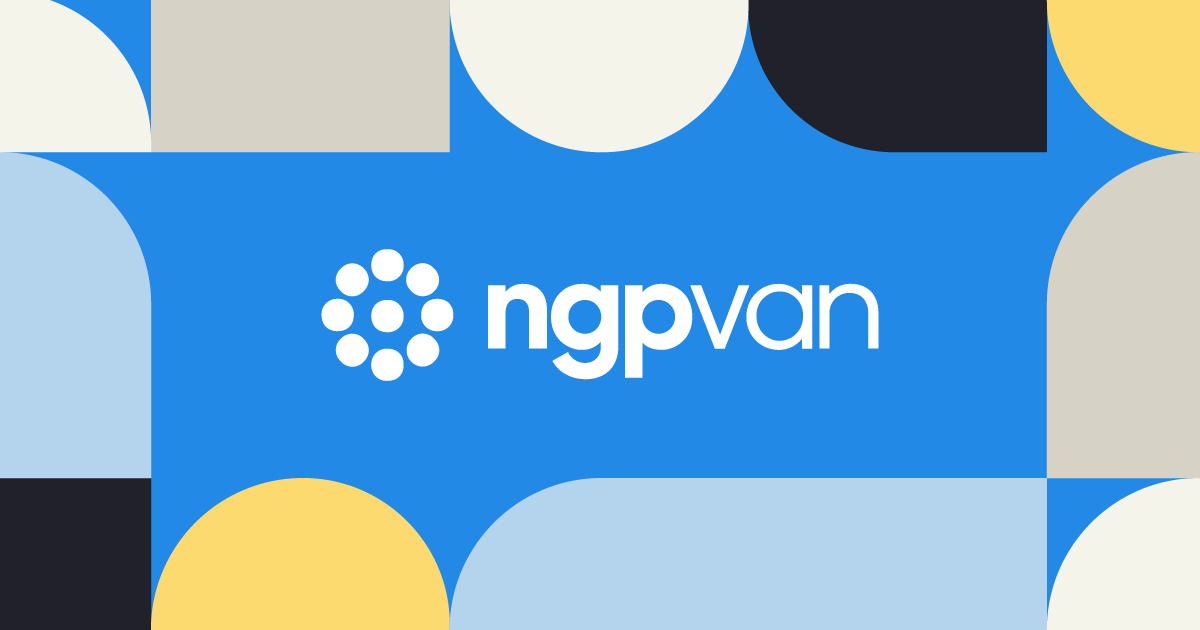Introduction
Choosing fundraising software to support your nonprofit’s mission can be an overwhelming process. There are many great options on the market catering to different organization sizes and budgets. This comprehensive guide evaluates 15 top platforms based on features, ease of use, integrations, pricing and other criteria. The goal is to help you identify the perfect fit to maximize your fundraising results in 2023.
Methods of Evaluation
Each platform is evaluated based on features, capabilities, pricing and support. Additional considerations include traditional metrics like number of customers, customer reviews and ratings. Modern factors like backlink volume, website traffic and keyword search trends are also analyzed to determine which solutions are gaining the most awareness and momentum. The top platforms excel across all categories to deliver robust functionality combined with an intuitive user experience.
1. MailChimp
MailChimp is a full-featured marketing automation and email platform used by millions of small businesses and non-profits. Founded in 2001, MailChimp allows users to design and send marketing emails, automate workflows, analyze campaign performance, and integrate with over 350 partners.
Pros: Some key advantages of MailChimp include:
– Affordable pricing starting from free for basic use up to $300/month
– Intuitive drag-and-drop editor for creating beautiful emails and campaigns
– Robust automation and tagging features to personalize communications
– Detailed reporting and analytics to measure campaign performance
– Integrations for donation and fundraising pages out of the box
Cons: A potential disadvantage is that the free plan has strict limits on the number of emails, subscribers, and other features. For high-volume campaigns, a paid plan may be required.
Pricing: MailChimp offers four paid plans starting from $10-300 per month based on the number of contacts. The free plan has limited functionality but allows up to 2,000 contacts, 12,000 emails per month and basic automations.
Some key stats about MailChimp include:
– Over 15 million users worldwide
– Send over 20 billion emails per month
– Integrate with over 350 platforms including WordPress, Shopify, Constant Contact, and PayPal
– Featured templates for newsletters, emails, landing pages, and forms
2. Donorbox
Donorbox is nonprofit fundraising software that allows organizations to accept donations directly on their website. Founded in 2011, Donorbox has helped over 80,000 nonprofits and organizations raise funds through their simple and effective donation forms.
Pros: Some key advantages of Donorbox include:
– One-click donations for any website through their simple embeddable forms
– No monthly or setup fees – they only charge a small processing fee per donation
– Integrations with websites, email providers, and CRM tools to help streamline fundraising
– Robust reporting and analytics to track donation trends and supporter behavior
Cons: A potential disadvantage is that the free plan only allows processing of the first $1,000 in monthly donations before charging a monthly fee. For very small organizations just getting started, this could limit funds raised.
Pricing: Donorbox offers three pricing tiers:
– Free plan – First $1,000 in monthly donations is free, then a 2.9% + $0.30 fee per donation
– Basic plan – $49/month, no monthly cap, 2.9% + $0.30 fee per donation
– Pro plan – $99/month, no monthly cap, additional support and features, 2.7% + $0.30 fee per donation
Some key stats about Donorbox include:
– Processed over $3 billion in donations for nonprofits
– Used by over 80,000 organizations worldwide
– Accepts donations via all major credit cards and payment processors
3. ZoomInfo
ZoomInfo is a leading go-to-market intelligence platform. It maintains one of the most comprehensive databases of company and contact information in the world. With continuous data enrichment and custom research capabilities, ZoomInfo helps sales and marketing professionals engage with the right people at targeted accounts.
Pros: Key advantages of using ZoomInfo include:
– Comprehensive contact and company database for prospecting new leads
– Provides detailed profiles on companies and individuals including role, location, social profiles etc
– Integrations with major CRMs like Salesforce, Hubspot and Microsoft Dynamics for streamlined workflows
Cons: One potential disadvantage is that pricing varies based on the number of users and additional features needed. Larger organizations may find the higher tiers expensive.
Pricing: ZoomInfo offers a range of paid plans starting from around $50 per user per month for essential features to more robust functionality for closer to $100 per user per month.
Some key stats about ZoomInfo include:
– Over 420,000 companies and 21 million business professionals in its database
– Database is updated over 1 million times daily
– Integrations with over 250 marketing, sales and HR tools
4. Classy
Classy is an online fundraising platform used by thousands of nonprofits around the world. Founded in 2011 and headquartered in San Diego, Classy provides a comprehensive fundraising solution to help nonprofits raise more money online.
Pros: Some key advantages of Classy include:
– Strong event fundraising capabilities like online registration, ticket sales, and auctions
– Customizable peer-to-peer fundraising pages that supporters can easily share
– Good reporting and donor management features to track progress and cultivate relationships
Cons: One potential disadvantage is that the interface can be complex for smaller organizations just starting out with digital fundraising.
Pricing: Classy offers flexible pricing plans ranging from $99/month for basic fundraising to $249/month for advanced features. Higher fee tiers are also available for larger nonprofits with over $500,000 in annual donations.
Some key stats about Classy include:
– Over $5 billion raised for charitable causes since 2011
– Works with over 25,000 nonprofit organizations
– Processes millions of donations each year
– Community of over 1 million donors
5. NationBuilder
NationBuilder is a fundraising and nonprofit management platform that allows organizations to build fully-featured websites, manage online fundraising campaigns, and engage supporters through member communities and email lists. Founded in 2006, NationBuilder has helped power thousands of causes, campaigns and organizations globally.
Pros: Some key advantages of NationBuilder include:
– Intuitive website builder and campaign management tools
– Robust membership features including profiles, groups and forums
– Mobile responsive design and apps for iOS and Android
– Integrations with important tools like MailChimp, ActBlue and NationBuilder Payments
Cons: One potential disadvantage is that NationBuilder’s pricing plans can be more expensive for larger nonprofits or those with very high donation volumes. Its tools may not be as robust as some specialized nonprofit CRMs for very large organizations.
Pricing: NationBuilder offers different paid plans starting at $99 per month for its Basic plan which supports a single site and up to 5,000 members. Its Professional plan is $249 per month and supports unlimited sites and members. Custom enterprise plans are also available for larger nonprofits.
Some key stats about NationBuilder include:
– More than 20,000 organizations use NationBuilder globally
– Platform supports 43 languages
– Average organization sees a 10x revenue increase after using NationBuilder for 1 year
6. Qgiv
Qgiv is an all-in-one fundraising platform designed specifically for nonprofits and charities. Founded in 2005, Qgiv provides a suite of online fundraising tools to help organizations raise more money through their websites and events.
Pros: Some key advantages of Qgiv include:
– Feature-rich online and event fundraising capabilities to maximize fundraising efforts
– Customizable donation forms and pages that can be easily embedded on websites
– Integrations with common CRM and email services like Salesforce, Constant Contact and MailChimp to streamline supporter management
Cons: A potential disadvantage is that the platform is more robust and full-featured than what some smaller organizations may need, which could result in paying for unused features.
Pricing: Qgiv offers affordable pricing plans starting at $49 per month for their basic plan up to $249 per month for their top plan. Additional transaction and customization fees may apply.
Some key stats about Qgiv include:
– Over 10,000 nonprofit customers worldwide
– Processed over $2 billion in donations
– Integrates with 30+ CRMs and email services
7. Kindful
Kindful is a powerful online fundraising platform that helps nonprofits raise more money through donations, sponsorships, and recurring gifts. In business since 2008, Kindful serves over 5,000 customers across the United States.
Pros: Some key advantages of Kindful include:
– Built for donor retention and upgrades with tools like recurring gifts and upselling features
– Strong communication tools that allow nonprofits to send targeted emails and messages to donors
– Intuitive interface that is easy for medium-sized nonprofits to use without dedicated IT support
Cons: One potential disadvantage is the pricing, which starts at $99/month for the basic plan and scales upwards depending on monthly donation volume and selected features. This may be prohibitively expensive for very small nonprofits.
Pricing: Kindful offers several pricing tiers tailored to nonprofits of different sizes:
– Basic: $99/month – Suitable for nonprofits with <$50k annual donations - Pro: $249/month - For nonprofits with $50k-250k annual donations - Premier: Custom pricing - For large nonprofits with >$250k annual donations
Some key stats about Kindful include:
– Processes over $500M in annual donations
– Serves over 5,000 nonprofit customers
– Donor retention rate of over 70%
– Offers integrations with most CRM/email providers like Salesforce and Mailchimp
8. Tithe.ly
Tithe.ly is fundraising software designed specifically for churches and ministries. Founded in 2011, Tithe.ly has grown to serve over 30,000 churches and organizations. Their mission is to make online giving easy and accessible for both donors and the churches they give to.
Pros: Some key advantages of Tithe.ly include:
– Built specifically for churches and ministries rather than being a general fundraising solution
– Provides online giving, text giving, and a mobile app for easy donor contributions
– Integrates seamlessly with other church services and management software for a streamlined experience
Cons: One potential disadvantage is that the free plan only allows for basic features and functionality. For more advanced donation tracking and reporting, churches would need an upgraded paid plan starting at $9/month.
Pricing: Tithe.ly offers three pricing plans:
– Free plan for basic online giving and funds transfer
– Premium plan starting at $9/month for additional reports and features
– Elite plan starting at $29/month for more advanced reporting and customization
Some key stats about Tithe.ly include:
– Over 30,000 churches and ministries currently use Tithe.ly
– Processed over $4 billion in donations since 2011
– Integrations with over 25 church management and services software like Planning Center, Realm, and Church Community Builder
9. MightyCause
MightyCause is a nonprofit fundraising platform designed specifically for small to mid-sized nonprofits. Founded in 2012, MightyCause provides organizations with an all-in-one solution to manage fundraising campaigns, accept donations, and engage supporters.
Pros: Some of the key advantages of MightyCause include:
– User-friendly and customizable fundraising tools perfect for small nonprofits
– Event websites and peer-to-peer fundraising pages included in all plans
– Affordable pricing starting at just $49/month for basic features
Cons: A potential disadvantage is that the more premium features and tools are aimed at medium-sized nonprofits, so some very small organizations may not need or be able to take full advantage of all that MightyCause offers.
Pricing: MightyCause offers three pricing tiers:
– Basic Plan: $49/month
– Plus Plan: $99/month
– Pro Plan: $249/month
All plans are billed annually to save nonprofits up to 20%.
Some key stats about MightyCause include:
– Over 25,000 nonprofit clients across the globe
– Has powered over $2 billion in donations for nonprofits
– Average nonprofit raises over $50,000 using MightyCause tools annually
10. OneCause
OneCause is a leading provider of digital fundraising solutions for nonprofits. Founded in 1998, OneCause has 20 years of experience helping nonprofit organizations raise more funds through event registration, mobile bidding apps, online auctions, and donation processing. With offices in San Diego, Charlotte, and Chicago, OneCause serves more than 2,000 organizations across various causes.
Pros: Some key advantages of OneCause’s fundraising platform include:
– Robust auction and event fundraising tools that make it easy for nonprofits to raise more funds
– Highly customizable themes and branding options so nonprofits can match their online presence to their brand
– Intuitive mobile apps that allow donors to bid and donate from their smartphones anywhere
Cons: A potential disadvantage is that OneCause’s solutions are geared more towards nonprofits holding large fundraising galas and auctions. Smaller grassroots nonprofits may find their offerings to be more sophisticated than needed.
Pricing: OneCause offers annual licensing plans typically based on a percentage of annual gross revenue or fixed licensing fees. Plans range from $3,000 – $15,000 per year depending on features needed and projected annual revenue. Additional transaction and setup fees may also apply.
Some key stats about OneCause’s fundraising platform include:
– Processed over $4 billion in donations since inception
– Supports more than 2,000 nonprofit clients across various causes
– Offers event registration, online auctions, peer-to-peer fundraising and mobile bidding apps
– Customizable platform that nonprofit organizations can brand to their own look and feel
– Over 15 million mobile app downloads
11. Bloomerang
Bloomerang is donor management and fundraising software designed specifically for nonprofit organizations. In business since 2001, Bloomerang helps over 4,000 nonprofits acquire, retain and engage donors through robust relationship management tools and fundraising campaigns.
Pros: Some key advantages of Bloomerang include:
– Robust donor management and segmentation capabilities allow detailed tracking of supporter history and segmentation for targeted campaigns
– Custom email templates enable creation of dynamic, personalized email campaigns
– Integrations with major payment processors like PayPal and credit card gateways as well as SMS providers for mobile giving
Cons: One potential disadvantage is that Bloomerang is best suited for mid-sized to large nonprofits, as its robust feature set and pricing may be overkill for very small organizations with limited budgets and staff.
Pricing: Bloomerang offers flexible paid plans starting at $99 per month for basic fundraising and donor management features. Additional users, custom domains, and premium services like recurring giving and mobile apps incur additional monthly fees. The software also offers free 14-day trials for new customers.
Some key stats about Bloomerang include:
– Over 4,000 nonprofits currently use Bloomerang’s solution worldwide
– Raised over $5 billion dollars for nonprofit clients to date
– Integrates with over 30 payment processors and shopping carts
12. Salesforce
Salesforce.org provides customer relationship management (CRM) software designed specifically for nonprofits, educational institutions, and philanthropic organizations. With its robust feature set and flexible platform, Salesforce.org aims to help social sector organizations streamline operations and amplify their social impact.
Pros: Key advantages of Salesforce.org include:
– Large feature set suitable for bigger nonprofits with complex data and fundraising needs
– Data-driven insights through advanced analytics and reporting tools for strategic planning
– Flexible platform that can be extensively customized and tailored to an organization’s specific workflow needs
Cons: A potential disadvantage is the steeper learning curve and higher costs compared to smaller, entry-level fundraising software options. Salesforce.org is best suited for large nonprofits with bigger budgets and dedicated IT resources.
Pricing: Pricing for Salesforce.org starts at $300/user/year for the Lightning Professional edition and scales based on advanced functionality and user counts. Custom pricing is available for very large nonprofits and implementations may require additional consulting services.
Some key stats about Salesforce.org include:
– Used by over 28,000 nonprofits, educational institutions, and philanthropic organizations worldwide
– Integrates with over 4,000 ecosystem apps to extend functionality
– Collects and analyzes data from fundraising, marketing, case management and other programs
13. CauseVox
CauseVox is an online fundraising platform designed specifically for nonprofits and causes. Founded in 2010, CauseVox has helped thousands of organizations raise over $750 million through their online fundraising tools and solutions.
Pros: Some key advantages of CauseVox include:
– User-friendly interface and workflows that are intuitive for staff and volunteers
– Customizable donation forms and emails that can be tailored for each campaign
– Integrations with major platforms like Facebook and PayPal for easy donations
Cons: A potential disadvantage is that the paid plans can be cost-prohibitive for smaller nonprofits operating on tight budgets.
Pricing: CauseVox offers both free and paid plans. The basic free plan provides basic fundraising functionality. Paid ‘Professional’ plans start at $49/month and unlocked additional features like custom domains, recurring gifts, and unlimited fundraising pages.
Some key stats about CauseVox include:
– Over 10,000 nonprofits and causes have used CauseVox to fundraise
– Users have raised over $750 million on the CauseVox platform
– Integrations with over 50 platforms including PayPal, Facebook, and Microsoft
14. Crowdriff
CrowdRiff is visual content marketing software designed to help nonprofits, schools and other organizations streamline fundraising efforts. Based in Vancouver, Canada, CrowdRiff offers a complete peer-to-peer fundraising platform with customizable event and campaign creation tools as well as integration with popular payment options like PayPal and Stripe.
Pros: Key advantages of CrowdRiff’s fundraising software include: fully customizable event and campaign pages, social sharing and marketing tools to promote events, integrated payment processing through PayPal and Stripe, and donor and donation management dashboards.
Cons: A potential disadvantage is that the platform may have a learning curve for some users unfamiliar with online fundraising and campaign management tools.
Pricing: CrowdRiff offers three pricing tiers for its fundraising software: Basic at $49/month, Pro at $99/month, and Elite at $199/month. All plans include campaign creation, donation processing and management dashboards. Higher tiers unlock additional features like custom branding, additional user accounts and advanced reporting.
Some key stats about CrowdRiff’s fundraising platform include: ability to manage hundreds of fundraising campaigns and events at once, integration with social sharing for increased visibility and donations, and processing of over $50 million in donations for customers to date.
15. EveryAction by NGP VAN
EveryAction by NGP VAN is comprehensive fundraising, organizing, and advocacy software for political campaigns and progressive organizations. As the leading technology provider for Democratic campaigns, NGP VAN offers an integrated platform to power fundraising, compliance, field efforts, digital organizing, and social networking.
Pros: Some of the key advantages of EveryAction include:
– Full campaign and advocacy software on a single integrated platform
– Grassroots organizing and field tools to engage supporters offline
– Political action and fundraising capabilities built directly into the software
Cons: A potential disadvantage is that the software is tailored more towards political campaigns and progressive non-profits rather than general non-profit use cases.
Pricing: EveryAction pricing starts at $1,250/month for the basic Individual Advocacy package and scales up based on features and volume. Custom packages are also available for larger political campaigns and organizations.
Some key stats about EveryAction include:
– Used by over 85,000 campaigns and organizations
– Manages over $4 billion in donations for clients
– Supports over 1 million volunteers and organizers
– Integrates with major social platforms like Facebook and Twitter
Conclusion
There is no one-size-fits-all solution for every nonprofit. The right fundraising software depends on your specific needs, budget and goals. This review aims to highlight your top options after an in-depth analysis of each platform. By understanding the core strengths of these leading solutions, you can make an informed choice to power transformational impact through strategic and effective fundraising in the year ahead.





